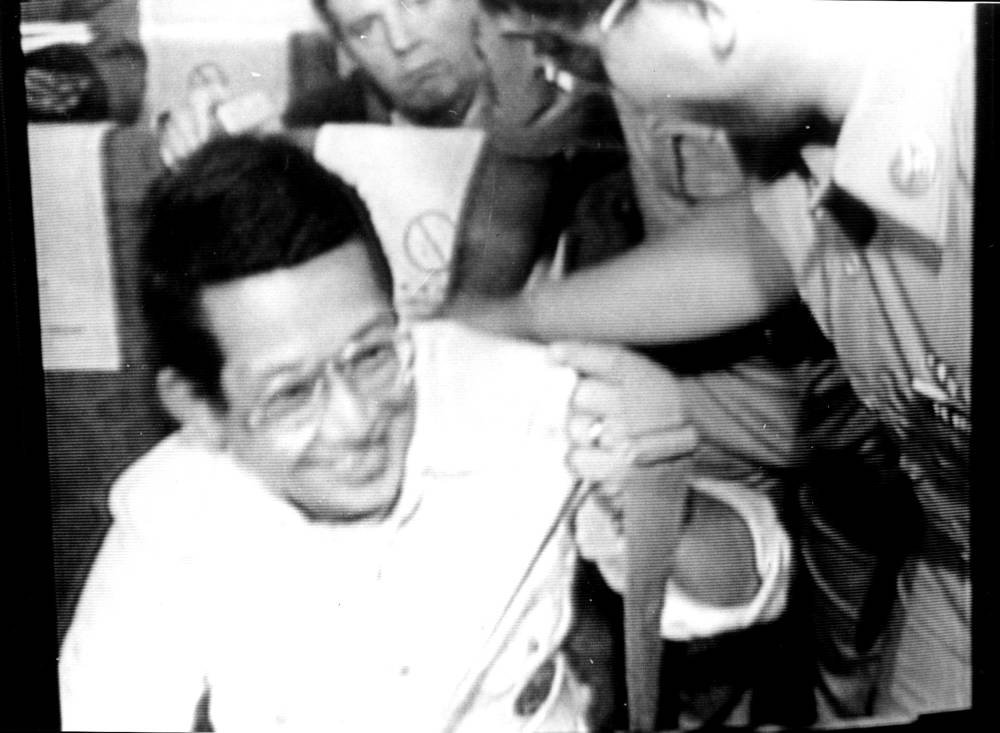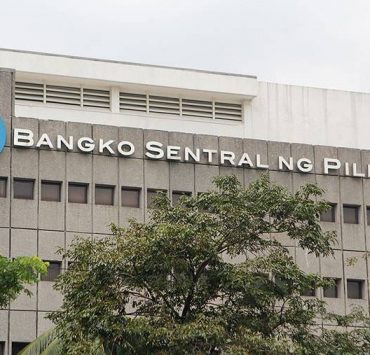A day to remember, holiday or not

If the Marcos administration had stuck to the official calendar, the Philippines would have been marking Benigno “Ninoy” Aquino Jr. Day today, the exact day of the 41st anniversary of the opposition senator’s assassination that kicked off a series of consequential events culminating in the pivotal Edsa People Power Revolution of 1986.
Instead, today became a day like any other after President Marcos issued a proclamation last week moving the commemoration of Ninoy Aquino Day to Friday, Aug. 23, “to provide for a longer weekend thereby promoting domestic tourism” given that Aug. 26 is National Heroes’ Day, another public holiday.
Mr. Marcos did say in the proclamation that the “historical significance of Ninoy Aquino Day is maintained,” but the assurance has rung hollow considering that this was not the first time that his administration had tinkered with holidays linked to the downfall of his father’s regime.
Recall that in 2023, he moved the date of the Edsa People Power Revolution holiday to Feb. 24 instead of Feb. 25, which marked the final day of the uprising that toppled the Marcos regime and installed Aquino’s widow Corazon “Cory” Aquino as president. Then this year, the anniversary was altogether removed from the list of public holidays, supposedly because it fell on a Sunday.
Spark that united the Filipino peopleThus this latest decision to move this year’s celebration of Ninoy Aquino Day did not sit well with many Filipinos, who felt that the move was another attempt to further diminish the importance of the date in Philippine history and part of continuing efforts to whitewash the checkered record of the Marcos dictatorship.
For the Edsa Campaign Network, Mr. Marcos’ sudden order to move the commemoration was a naked attempt to sow confusion among the people.
“The assassination of Sen. Ninoy Aquino was the spark that united the Filipino people, which led to the downfall of the failed regime of Marcos Sr. It’s not surprising that his son would want this to be forgotten, especially now,” the group said.
Indeed, the significance of Aug. 21, 1983, is perhaps lost on the majority of the population who were either too young or not even born when the former senator and arch-critic of the late President Ferdinand Marcos Sr., was gunned down at the Manila International Airport as he disembarked from the plane that brought him back to the Philippines after a three-year exile in the United States.
Collective memory
But this lack of appreciation is precisely why Ninoy Aquino Day should not and must not be moved, as pointed out by Albay Rep. Edcel Lagman.
Aside from the fact that moving the celebration “violated the law” since such a change in a public holiday should have been done through a proclamation at least six months earlier, Lagman emphasized that “dates of national memorials must not be changed to dilute their significance and accommodate revisionism.”
Ninoy Aquino Day, which was declared a national holiday in 2004 during the term of former president Gloria Macapagal Arroyo, “must be celebrated on the day of his assassination which falls on Aug. 21,” stressed Lagman, to ensure that his sacrifice will not fade from Filipinos’ collective memory.
It is also a yearly occasion to reflect on the Aquino’s sacrifice and his ardent desire to fight for freedom, justice, and democracy during one of the darkest periods in Philippine history.
“No holiday economics or domestic tourism boost can hold a candle to Ninoy’s heroism,” added the president of the Liberal Party.
Birthplace of people power
The late senator was by no means a saint, but it cannot be denied that his bravery and determination to continue exposing the evils of authoritarian rule even in the face of persecution inspired millions to take up his cause and his cold-blooded murder “cast a piercing light on all the other past victims of the dictatorship,” as explained by Inquirer columnist Randy David.
“More significantly, Ninoy’s death emboldened millions of ordinary Filipinos to pour out into the streets to mourn the passing of the dictatorship’s latest victim. His funeral became the birthplace of people power,” said David.
The Aquino family, perhaps knowing full well the history between the Aquinos and the Marcoses, did not sound surprised by the move, saying that “moving a day of commemoration will not diminish the fact that Ninoy died fighting for the country and the people he so loved and his death sparked a revolution that ended Marcos Sr.’s authoritarian rule.”
Thus, holiday or not, may we take a moment today to appreciate Ninoy Aquino’s place in Philippine history, that his death led to the rekindling of the light of democracy that we must never take for granted nor be allowed to dim again.





















